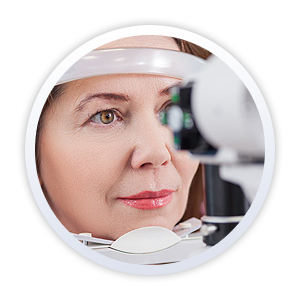What is presbyopia?
When we turn 40, our eyes begin losing their ability to easily focus on near objects. The natural lens of the eye loses its flexibility as we age and in turn, the eye loses its ability to focus light, thus causing difficulty in seeing objects up close, particularly as it relates to reading.
What causes presbyopia?
Plain and simply, aging causes presbyopia. With age, changes occur to the proteins in the lens causing a gradual hardening. In addition, changes also take place in the muscle fibers surrounding the lens. The result is reduced flexibility in how the lens functions. Most people over the age of 40 and everyone over the age of 50 suffers from some degree of this condition.
How do I know if I have presbyopia or something more serious?
Presbyopia is typically diagnosed during a comprehensive eye exam through a test known as a refraction. Symptoms of astigmatism include a gradual worsening in near vision, generally beginning around the age of forty. You begin to have difficulty focusing on your newspaper, a menu, your alarm clock, or your golf scores. Frequently, individuals compensate as they develop presbyopia by holding reading materials further and further away to assist with focusing power. Other symptoms of presbyopia include frequent headaches and eye fatigue. If you experience any of these symptoms, you should consult your eye care professional for an exam.
Are there treatment options for presbyopia?
The most common treatment option for presbyopia is over-the counter reading glasses. Other options include eyeglasses with progressive lenses, bi-focals, tri-focals and contact lenses. A surgical treatment is also now available for treatment of presbyopia. The procedure, called Conductive Keratoplasty, uses gentle radio waves to reshape the cornea. Check with your ophthalmologist to determine which option is right for you.





